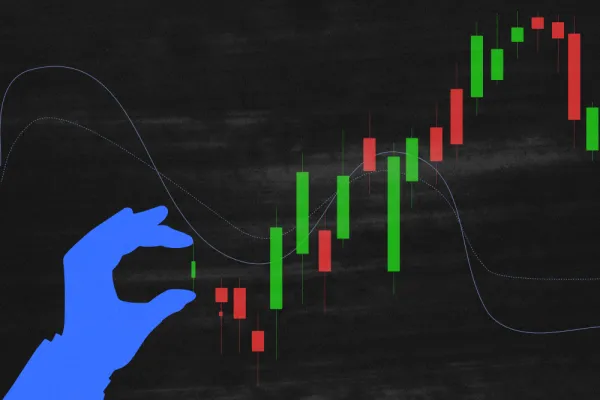Research has shown that portfolio managers stink at selling stocks — but focusing on corporate financial data could help, according to a new study from Inalytics.
Selling stocks in response to company earnings announcements is almost two-and-a-half times more likely to add value compared with offloading shares at any other time, the investment data firm found. The study, a follow-up to a 2019 academic paper analyzing the trading ability of portfolio managers, was based on the selling activity of 271 institutional portfolios where the managers made daily trades and demonstrated skill in stock selection.
“This second condition is important because typically selling is good when the alpha from stock picking is negative,” the paper explained — meaning that managers who are poor stock pickers would be better off selling those stocks regardless, because they are bad picks.
The sample included trades made from January 2015 onward, and excluded any extreme results — good or bad.
Based on Inalytics’ analysis, stock sales rarely add value in general: Seventy-nine percent of portfolios in the study lost out on potential gains by selling shares at the wrong time.
This echoes the results of the 2019 academic study, which found that portfolio managers displayed “clear skill” in picking stocks, but underperformed “substantially” when selling them.
[II Deep Dive: Why Long-Short Hedge Funds Exit Profitable Trades Early]
However, Inalytics found that when stock sales occurred in response to an earnings announcement, 48 percent of portfolios added value.
According to the study, the stocks sold by these value-adding portfolios went on to underperform by an average of 5.2 percent over the following 12 months — underperformance that the portfolio managers successfully avoided by selling.
But as the paper pointed out, “the same people who on the one hand are successful at announcement trades” are “unsuccessful when selling for other reasons.” Stocks sold at any other time went on to outperform by an average of 1.6 percent — outperformance that the sellers missed out on.
“Selling in long-only equity portfolios is regarded as one of the most difficult investment skills to master,” Inalytics CEO Rick Di Mascio said in a statement. “Yet this proves that when the decisions are based on sound fundamental research, skillful managers are getting it right.”






